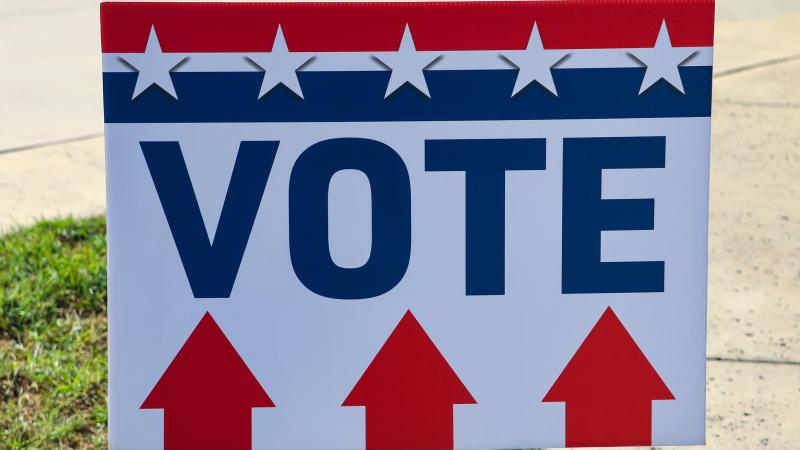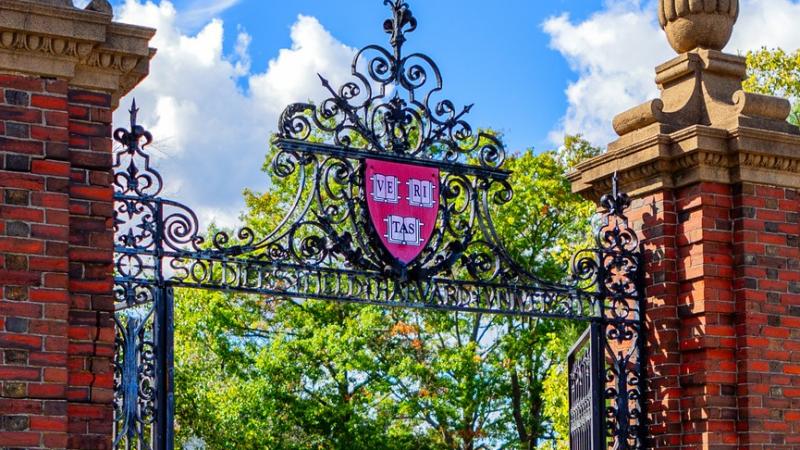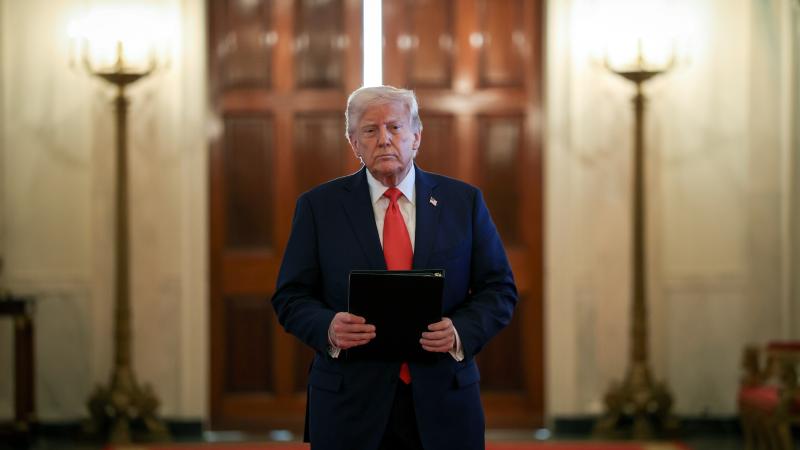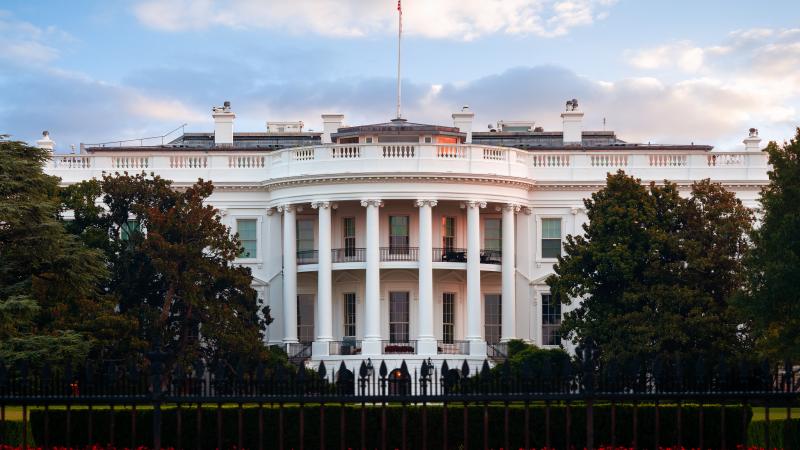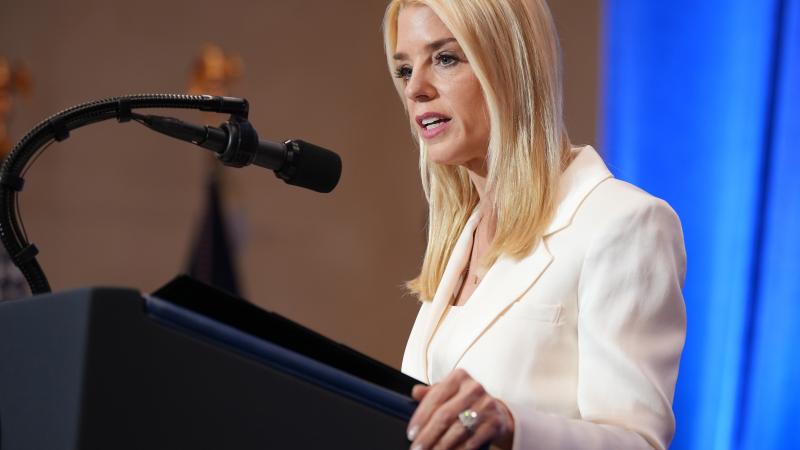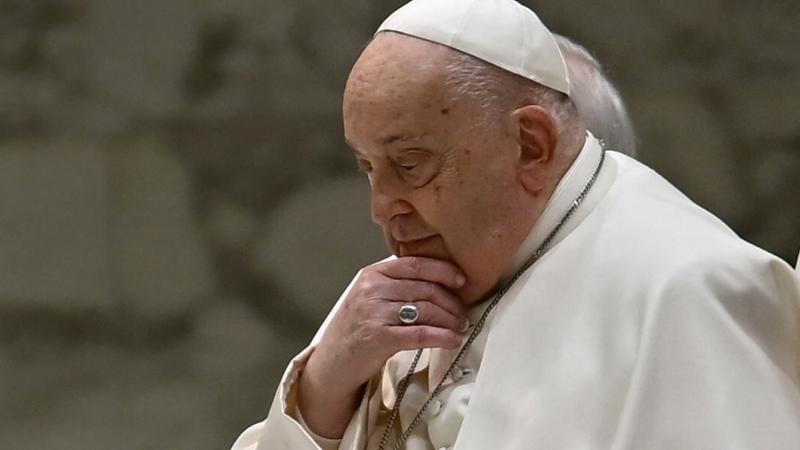Texas files lawsuit directly to Supreme Court challenging election results in four states
Texas Attorney General Ken Paxton argues WI, MI, PA and GA made changes to election rules without legislative consent, violating the U.S. Constitution
In a novel legal strike, the state of Texas has asked the Supreme Court to invalidate the election results in Michigan, Wisconsin, Pennsylvania and Georgia, arguing officials in those four battleground states violated the Constitution by making changes to how ballots were cast and counted without legislative approval.
The lawsuit filed late Monday night by Texas Attorney General Ken Paxton asked the justices to issue a temporary restraining order preventing the states "from taking action to certify presidential electors or to have such electors take any official action including without limitation participating in the electoral college."
The suit argues that changes made by the state's governors, secretaries of states and election supervisors were "inconsistent with relevant state laws and were made by non-legislative entities, without any consent by the state legislatures. The acts of these officials thus directly violated the Constitution."
"I'm worried about the credibility of elections, not just right now, but I'm worried about the credibility of elections going forward," Paxton told Just the News on Tuesday afternoon in a phone interview. "I'm not making a fraud argument, I'm making an argument based on the Constitution. And what we know happened, which was that we know state law was changed by people other than the state legislature, which is the only constitutionally authorized changes that are allowed ... My argument is that the law was violated, the constitution was violated. I'm not addressing whether there was 2 million fraudulent ballots cast in Pennsylvania. I don't know, and there's no way to know, the way the system got set up, the way the rules got changed."
States are allowed in certain circumstances to appeal directly to the Supreme Court, bypassing lower federal courts, in disputes involving other states. Paxton argued the state of Texas was wrongly harmed by the unconstitutional acts of the other states.
"These non-legislative changes ... facilitated the casting and counting of ballots in violation of state law, which, in turn, violated the Electors Clause of Article II, Section 1, Clause 2 of the U.S. Constitution," the suit stated. "By these unlawful acts, the Defendant States have not only tainted the integrity of their own citizens vote, but their actions have also debased the votes of citizens in Plaintiff State and other States that remained loyal to the Constitution."
You can read the full lawsuit here:
Paxton said the defendant states may have had good intentions in making changes to the elections to address COVID-19 but nonetheless violated the Constitution, requiring a dramatic remedy.
"Certain officials in the Defendant States presented the pandemic as the justification for ignoring state laws regarding absentee and mail-in voting," the suit argued. "The Defendant States flooded their citizenry with tens of millions of ballot applications and ballots in derogation of statutory controls as to how they are lawfully received, evaluated, and counted. Whether well intentioned or not, these unconstitutional acts had the same uniform effect they made the 2020
election less secure in the Defendant States."
The lawsuit was backed by the Thomas More Society's Amistad Project, a conservative group that has taken the national lead in challenging election irregularities in 2020. "The lawless nature of the 2020 election is on full display in the suit filed by Texas," Amistad director Phill Kline said. "There was a coordinated and unprecedented effort of private interests improperly joining with leftist government officials to illegally support the democrat ticket in this election. This involved the sharing of sensitive citizen information with the private sector and the flow of more than $500 million from the private sector to targeted government officials and local governments."
Paxton told Just the News he did not rely on research from the Amistad Project in his lawsuit and as of Tuesday afternoon had not spoken with other states about the issue but anticipated he could when he arrives in Washington, D.C. on Wednesday. Paxton's scheduled to meet with President Trump on a pre-arranged meeting.
Paxton rejected interpretations of stare decisis arguments saying that some states have wrongly trying to redefine who has constitutional authority over running elections in order to sow chaos and delay a clear presidential election result.
"I know what the Constitution requires, and it's always required that," Paxton said. "It's the Constitution, so if case law says that the Constitution shouldn't be the Constitution, well, I think that case law’s wrong."
However, Paxton said he is hopeful the U.S. Supreme Court — including with the newly-sworn Justice Amy Coney Barrett to possibly tip the balance — will ultimately restore Constitutional order under a strict textualist reading that prohibits what Paxton said was last-minute judicial usurpation of the prerogatives of state legislatures to make election rules.
"I'm always for reading based on what the Framers meant, otherwise we don't really have a Constitution if it's just nine judges up there and they can make up whatever they want," Paxton said. "We don't really have a Constitution, we just have a ruling oligarchy of nine judges. And I'm in favor of judges who aren't making the law for us and telling us what to do. I'm in favor of judges who are put there, they look at the law as it was written, whether by a legislature by the Founders, and they follow it. That's their job.”



